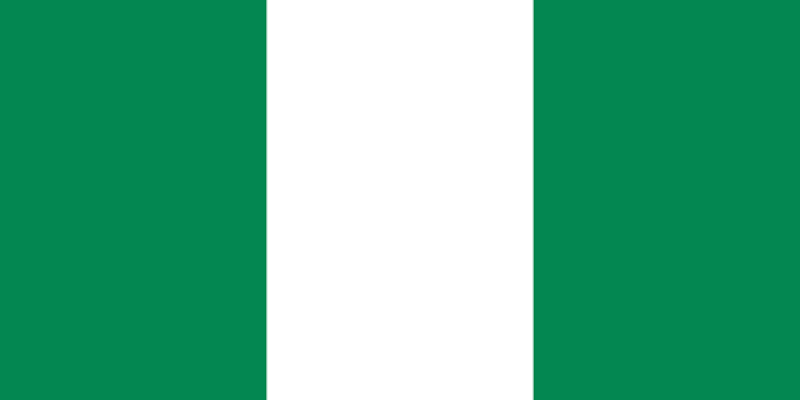A lot of foreign policies and domestic spending programs in 2014 have, like the best laid plans o’ mice and men, been severely disrupted by the dropping world oil prices as supply jumps significantly. Those countries with a particularly heavy economic and governmental dependence on oil exports — including Africa’s largest economy, Nigeria — are especially susceptible to policy disruption.
On our upcoming episode of the “Arsenal For Democracy” show, my radio co-host Nate pointed out that if global crude oil prices keep falling, certainly Nigeria as a whole is going to be in for a pretty bumpy ride, but none more so than the country’s ruling party, the PDP. They’ve ridden the ten-fold increase in crude prices (higher even, at times before now) since taking power in 1999 to a lot of sketchy, payola-infused campaign victories. It’ll be much harder to buy votes, 15 years into power, if revenues drop sharply.
After several years of failed counterinsurgency policies in the north, growing frustration with government incompetence and malfeasance, and a religious splintering of Nigeria’s conservative base, the PDP is going to need to spend even more money than usual on its ground game and “incentives” — whether direct or through targeted government agency handouts — to retain power. On top of that, the opposition is starting to look like a much more serious contender in the next national election and is peeling away both voters and candidates from the ruling party.
Even so, all signs point toward less money being available for vote acquisition, not more. Indeed, Nigeria’s globally-noted Finance Minister Ngozi Okonjo-Iweala has already called for “austerity” measures, in light of projected oil revenue declines, even as the election rapidly approaches. Good luck with that.
On the flip side, there are certainly some opportunities for less noticeable spending cuts such as rolling back fuel subsidies in light of the falling underlying prices.
Efforts to remove fuel subsidies, a delicate issue that triggered massive street protests in 2012 despite widespread corruption and abuse of the subsidy regime, might prove easier to implement if the cost of fuel were to be lower and falling.
In sum, they could disguise payout-cuts by carefully sliding them in reverse against the falling base prices, thereby saving revenue while not openly taking away money from voters. But that’s extremely difficult to execute with that level of precision, and it still won’t really make much more money available to government coffers for electoral influence shenanigans.
Which is probably a good thing for everyone in Nigeria. The drop in crude oil prices, in the medium-to-long term, will be mitigated on the revenue side for Nigeria. (There are plenty of other new production sources coming on line and there are security and anti-corruption measures that can be taken to ensure more of the profits are reaching government reserves.) But for now, oil price impacts might just be strong enough to break the PDP’s uninterrupted 15 year grip on power in the Nigerian Fourth Republic. For any country that would probably be a plus. With the party’s track record in the past five years, it’s especially critical.



